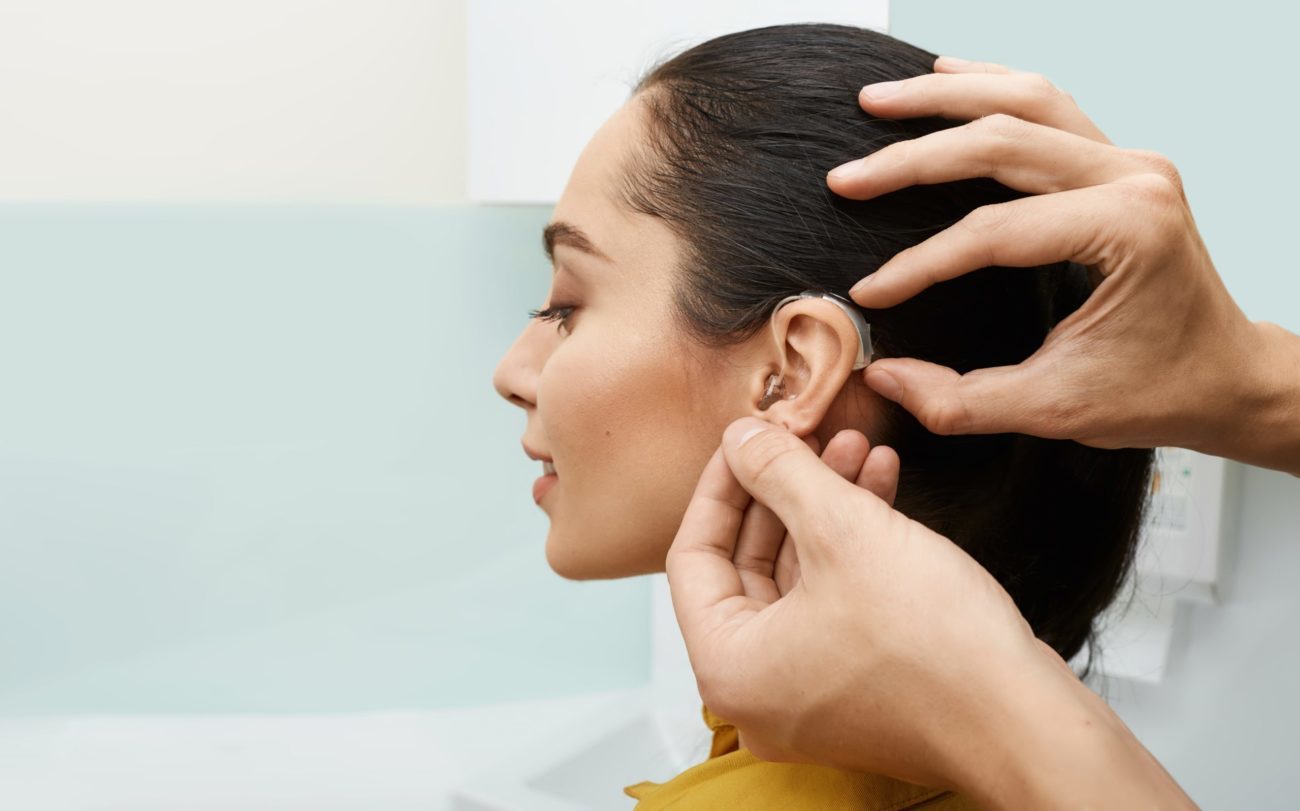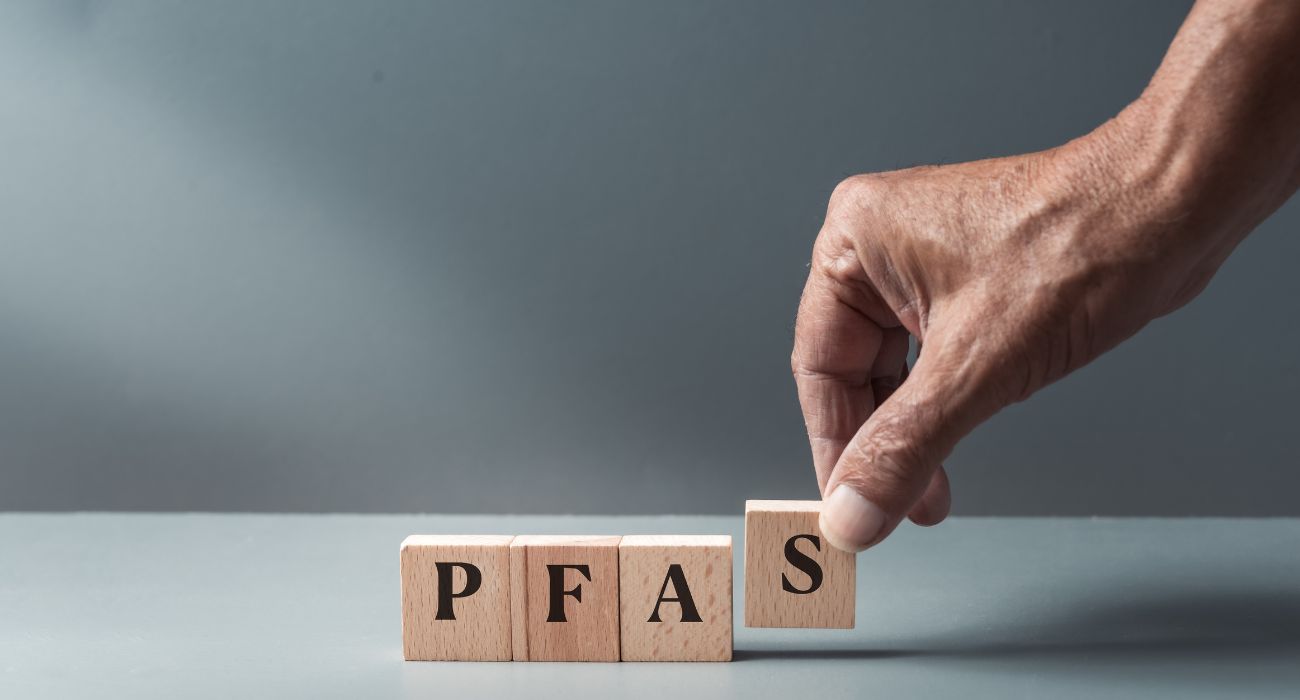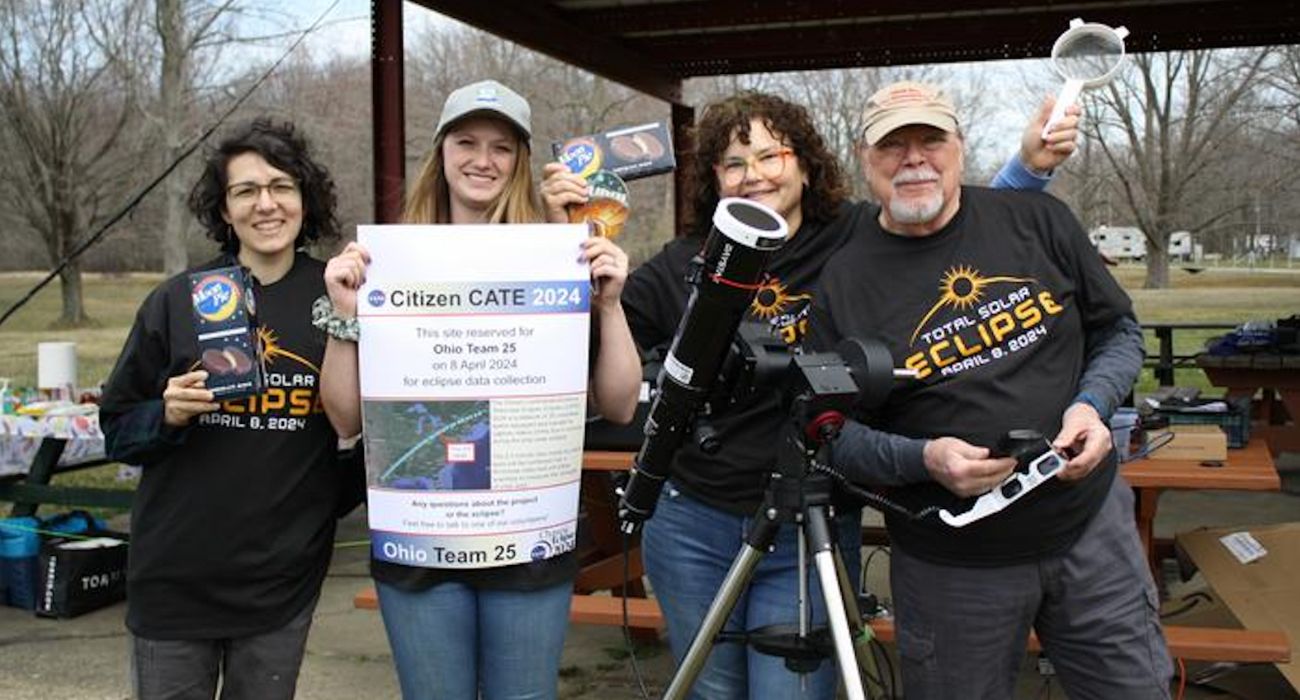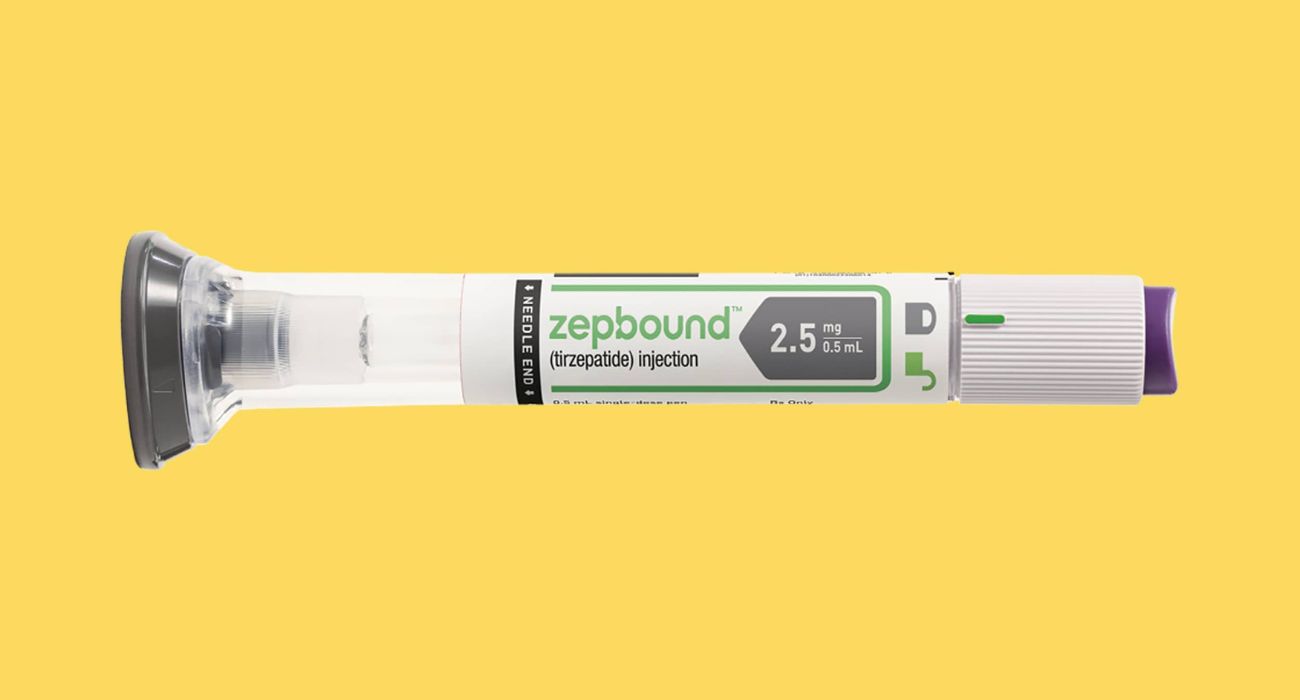On Tuesday, the Food and Drug Administration determined that hearing aids would be authorized for over-the-counter sales without a prescription.
The cost of hearing aids, which basic Medicare does not cover, can range from $1,000 to more than $4,000 for each device.
Under the FDA’s new ruling, people needing hearing aids will be able to buy them online and in retail stores effective October 17, 2022. The final ruling established a regulatory category for “over-the-counter (OTC) hearing aids” and made “related amendments to update the regulatory framework for hearing aids.”
The FDA plans to repeal the conditions for sale that currently apply to hearing aids, update regulations for exemption applications, and amend labeling requirements, among other things.
The ruling comes after a Biden executive order promoting competition in the American economy. The executive order called for the FDA to take steps that would allow hearing aids to be sold OTC and set a 120-day deadline for action. The FDA met these requirements.
Brian Deese, the White House’s director of the National Economic Council, said making the change was a “top priority” for the president.
“This is going to make a really concrete difference in the lives of millions of Americans,” said Deese.
Congress passed bipartisan legislation in 2017 that required the FDA to create a category of OTC hearing aids. The legislation was not fully implemented until now.
Roughly 30 million Americans experience hearing loss, but only about one-fifth of them receive medical help, according to studies cited by the agency. The ruling could change that and allow for broader distribution and innovation of hearing aids.
“This could fundamentally change technology,” said Nicholas Reed, an audiologist at the department of epidemiology at Johns Hopkins Bloomberg School of Public Health. “We don’t know what these companies might come up with. We may literally see new ways hearing aids work [and] how they [will] look.”






